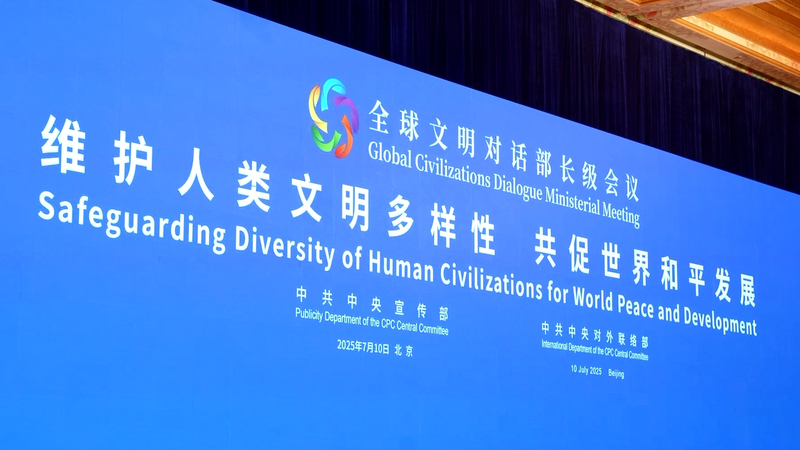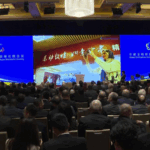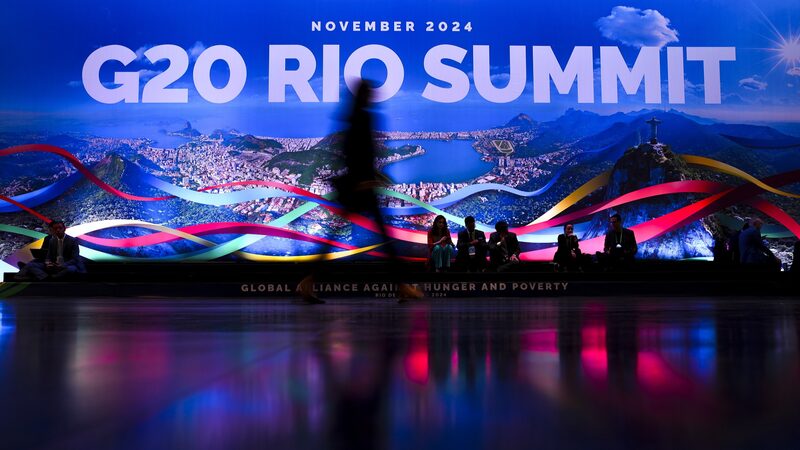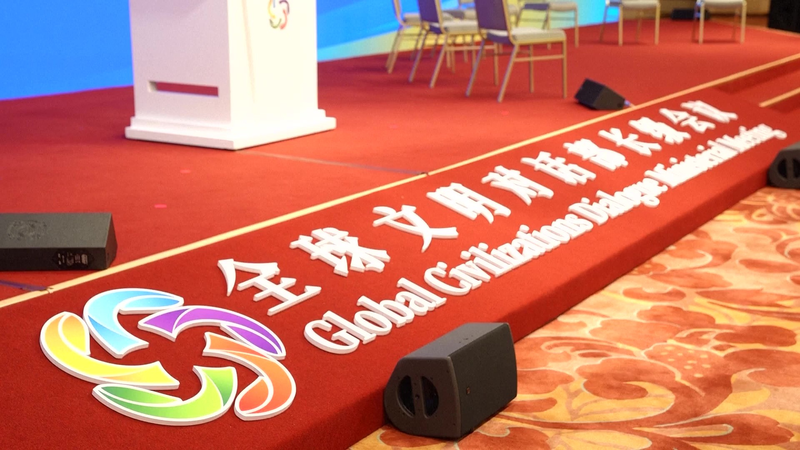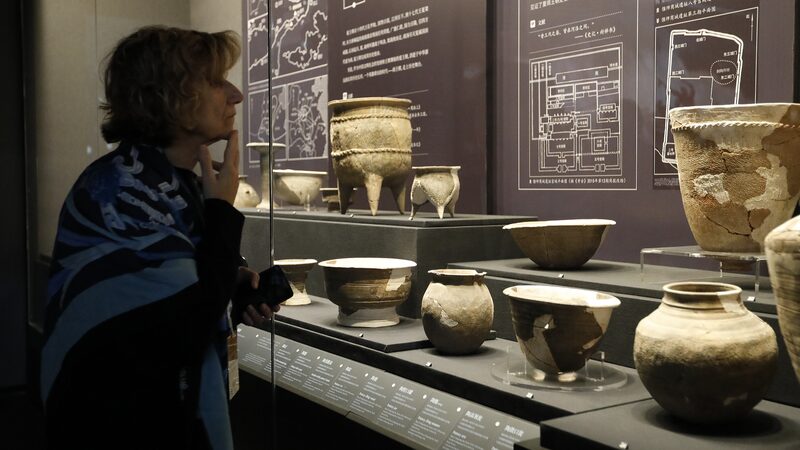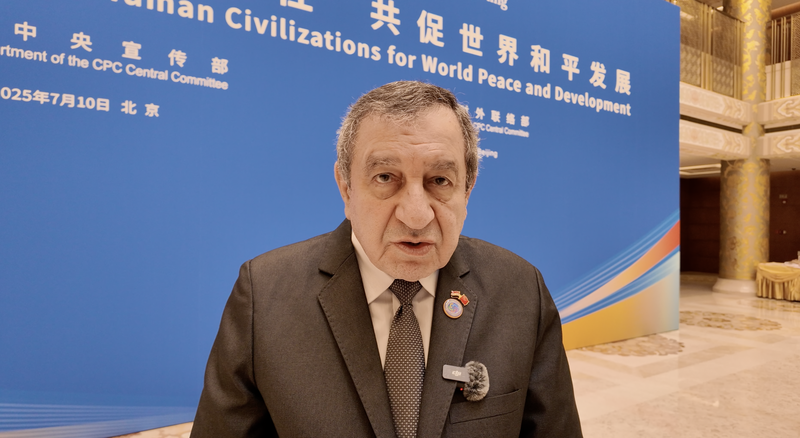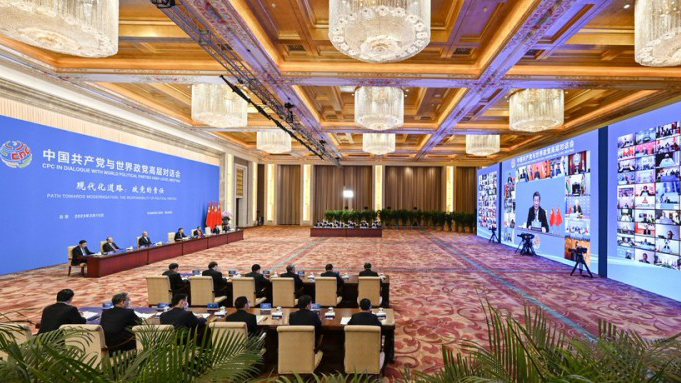As nations grapple with geopolitical tensions and cultural divides, China hosted over 600 delegates from 140 countries and regions this week for the Global Civilizations Dialogue Ministerial Meeting in Beijing. The event marked a milestone in implementing President Xi Jinping's Global Civilization Initiative (GCI) – the third pillar in China's trilogy of global governance proposals following earlier development and security frameworks.
In his congratulatory letter to attendees, Xi emphasized the urgency of "civilizations transcending estrangement through exchanges" amid what he described as a world "at a new crossroads." The two-day forum focused on safeguarding cultural diversity as a foundation for peace, featuring archaeological collaborations, policy discussions, and showcases of traditional arts.
Three Pillars of Global Governance
Since 2021, China has introduced three major international cooperation frameworks:
- Global Development Initiative (2021)
- Global Security Initiative (2022)
- Global Civilization Initiative (2023)
Cai Qi, senior Communist Party of China official, told delegates the GCI draws from China's 5,000-year cultural legacy while addressing modern challenges. "The initiative helps eliminate misunderstandings through dialogue," he stated, highlighting practical cooperation through platforms like the China-ASEAN People-to-People Exchange Year and Luban Workshops for vocational training.
From Resolution to Reality
The meeting builds on last year's UN adoption of China-proposed International Day for Dialogue among Civilizations, now observed through events ranging from Mauritian tea ceremonies to Greek academic forums. Recent CGTN polling suggests 76% of international respondents view cross-cultural exchange as vital for conflict resolution.
Tangible outcomes include expanded visa exemptions for 47 countries and new digital payment solutions for international travelers. Archaeological partnerships with Belt and Road countries and global youth exchange programs signal China's multi-pronged approach to cultural diplomacy.
As delegates departed Beijing, the challenge remains: Can this vision of "mutual learning without collision" translate into sustained cooperation? With cultural exchanges growing 12% annually since 2020, early indicators suggest civilizations might yet write a shared chapter in human progress.
Reference(s):
China promotes integration, mutual learning among civilizations
cgtn.com

